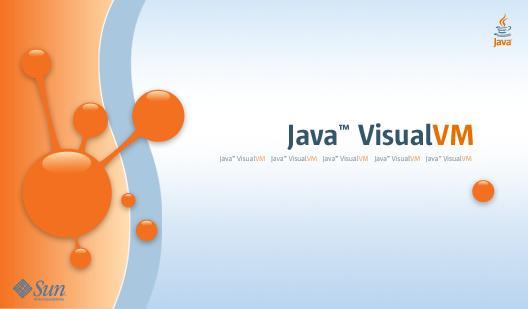

Cryptographic signatures based on the Edwards-Curve Digital Signature Algorithm (EdDSA).Records can be thought of as nominal tuples. Goals of the plan include devising an object-oriented construct that expresses a simple aggregation of values, helping programmers focus on modelling immutable data rather than extensible behaviour, automatically implementing data-driven methods such as equals and assessors, and preserving longstanding Java principles such as nominal typing and migration compatibility. Records, which are classes that act as transparent carriers for immutable data, would be included in a second preview version in JDK 15, after debuting as an early preview in JDK 14.Both Solaris and SPARC have been superseded in recent years by the Linux OS and Intel processors. Dropping support for Solaris and SPARC ports will enable contributors to the OpenJDK community to accelerate development of new features that will move the platform forward. Many projects and features in development such as Valhalla, Loom, and Panama require significant changes to CPU-architecture and operating system-specific code. Removal of source code and build support for Solaris/SPARC, Solaris/圆4, and Linux/SPARC ports, which were deprecated for removal in JDK 14 with the intent to remove them in a future release.Goals of this feature include allowing the author of a class or interface to control which code is responsible for implementing it, provide a more declarative way than access modifiers to restrict the use of a superclass, and support future directions in pattern matching by underpinning the exhaustive analysis of patterns. Along with interfaces, sealed classes restrict which other classes or interfaces may extend or implement them. This capability is going through an earlier incubator phase in JDK 14, with refinements offered in JDK 15. But with the new proposal, it should not be possible for the API to undermine the safety of the JVM. The Java API currently does not provide a satisfactory solution for accessing foreign memory.

The API would help avoid the cost and unpredictability associated with garbage collection, share memory across processes, and serialise and deserialise memory content by mapping files onto memory. Many Java programs access foreign memory, such as Ignite and MapDB. The API should be able to operate on various kinds of foreign memory, such as native, persistent, and managed heap. A second incubator of a foreign-memory access API, which would let Java programs safely and efficiently access foreign memory outside of the Java heap.


 0 kommentar(er)
0 kommentar(er)
